Venezuela's socialist hell
Venezuela is a nightmare hellscape where people are starving. Blame socialism.
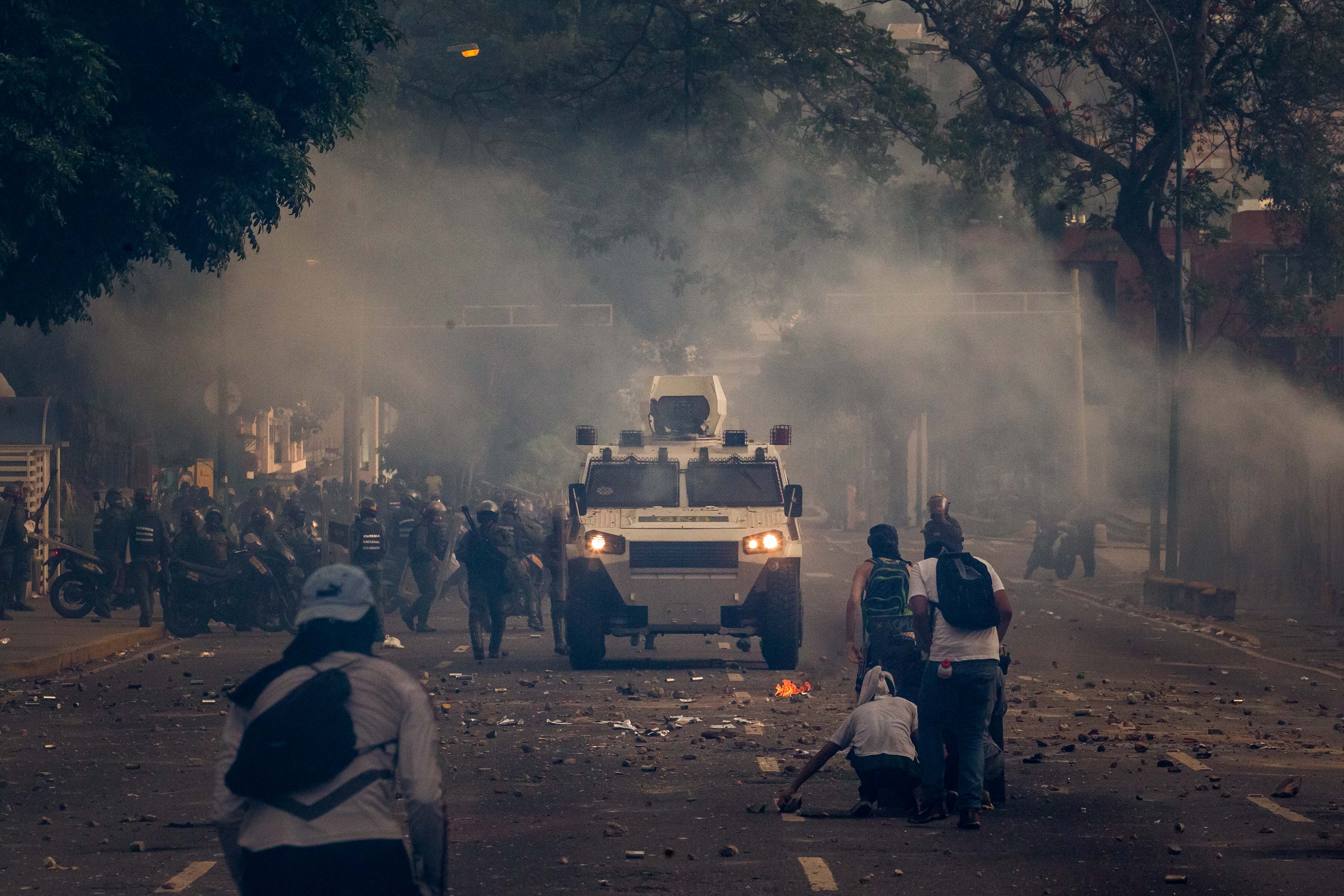

Venezuela cannot wake up from its socialist nightmare.
The Venezuelan opposition just staged a massive protest against the government, which the government repressed with military force, leading to at least three deaths, The New York Times reports. Detained opposition activists say the authorities tortured them, according to Reuters. Meanwhile, across the country, people are starving.
Venezuela, a beautiful, oil-rich country, once one of the wealthiest nations in the Southern Hemisphere, is only sinking further into economic devastation and chaotic, corrupt authoritarianism. Venezuelan President Nicolas Maduro increasingly looks like a "Bolivarian" version of Vladimir Putin, holding power through corrupt patronage, fear, and the smothering of alternative voices and power centers. The protests were triggered by further moves by the executive to consolidate power. Maduro has banned a main opposition leader, Henrique Capriles, from holding political office.
The Week
Escape your echo chamber. Get the facts behind the news, plus analysis from multiple perspectives.

Sign up for The Week's Free Newsletters
From our morning news briefing to a weekly Good News Newsletter, get the best of The Week delivered directly to your inbox.
From our morning news briefing to a weekly Good News Newsletter, get the best of The Week delivered directly to your inbox.
Meanwhile, the economy keeps rotting. Venezuela has topped Bloomberg's Economic Misery Index, a benchmark whose title is self-explanatory, for three years running. The economy shrank by 18 percent last year, with unemployment at 25 percent, and inflation slated to be 750 percent this year and 2,000 percent the next, according to the International Monetary Fund (Venezuelan government statistics are, of course, made up, so third-party figures are more reliable).
But it's other statistics that show the real extent of the misery, and make one's stomach truly churn. Over the past year, 74 percent of Venezuelans lost an average of nearly 20 pounds each, reports The Economist. The military controls the country's food supply, and the result is widespread malnourishment and, of course, corruption. Venezuela's hospitals have more in common with those in Aleppo than with those of an oil-rich, emerging economy. As the Guardian reported last year, children are suffering from malnourishment for the first time in the country's modern history; there are outbreaks of scabies, a disease easily prevented with basic hygienic practices; hospitals are running out of even basic drugs. Caracas is the murder capital of the world. Corruption has infected the country wholesale even as it has created a new class of kleptocratic oligarchs linked to the security services.
Put all of this together, and it's not just that the economy is doing terribly. The whole of Venezuelan society is breaking down at a fundamental level. We are witnessing the collapse of a once-proud, beautiful country with a rich culture and countless assets. It is truly heartbreaking.
This was wholly preventable. And I blame socialism.
A free daily email with the biggest news stories of the day – and the best features from TheWeek.com
Venezuela's previous president, Hugo Chavez, set the stage for the country's destruction by spending Venezuela's oil money on social programs designed to boost his popularity even as he set about wrecking the country's assets, expropriating most valuable private companies, sometimes to turn them into bureaucracies and sometimes to give them to friends, implementing price and retail controls that ensured people wouldn't have access to basic necessities and capital controls that caused inflation to rise, shutting down alternative voices in the media, Putin- and Erdogan-style, and winking at top-to-bottom corruption.
When global oil prices declined, the house of cards fell.
Of course, rich-world socialists will quibble over semantics and say that Chavez's policies of nationalization, price controls, capital controls, and authoritarianism are not socialism. This is debatable. What isn't is that the collapse was wholly self-inflicted, and it was obvious from the start to anyone who was paying attention and was grounded in reality that this would be the outcome; you didn't have to be a conservative to know this would end badly (although, in fact, conservatives saw it first and were louder about it). And now it's Venezuelans, especially the poorest and more marginal among them, who are paying the price for this madness.
Let us now hope that they, and the rest of the world, will remember for a long time.
Pascal-Emmanuel Gobry is a writer and fellow at the Ethics and Public Policy Center. His writing has appeared at Forbes, The Atlantic, First Things, Commentary Magazine, The Daily Beast, The Federalist, Quartz, and other places. He lives in Paris with his beloved wife and daughter.
-
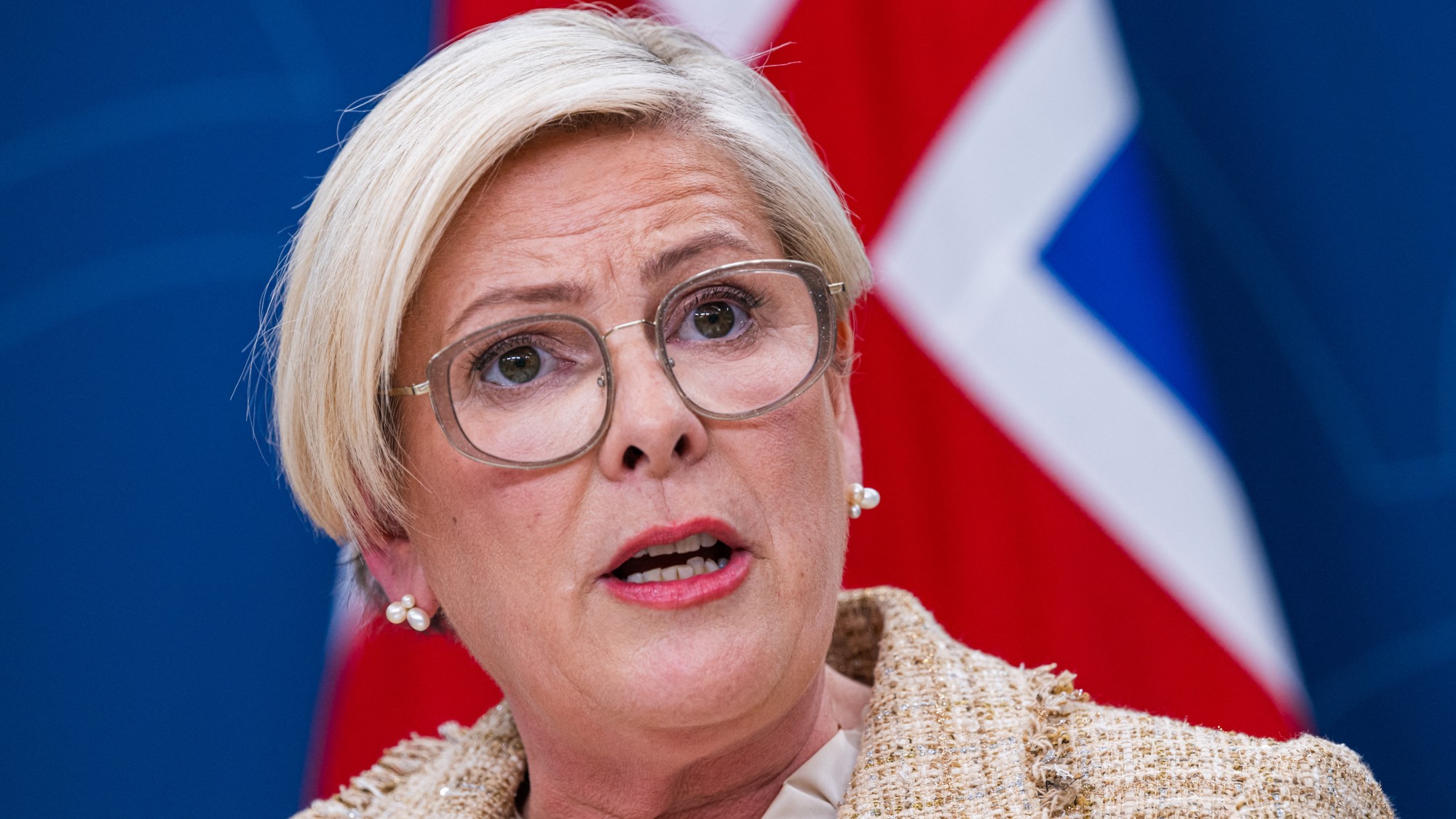 The Icelandic women’s strike 50 years on
The Icelandic women’s strike 50 years onIn The Spotlight The nation is ‘still no paradise’ for women, say campaigners
-
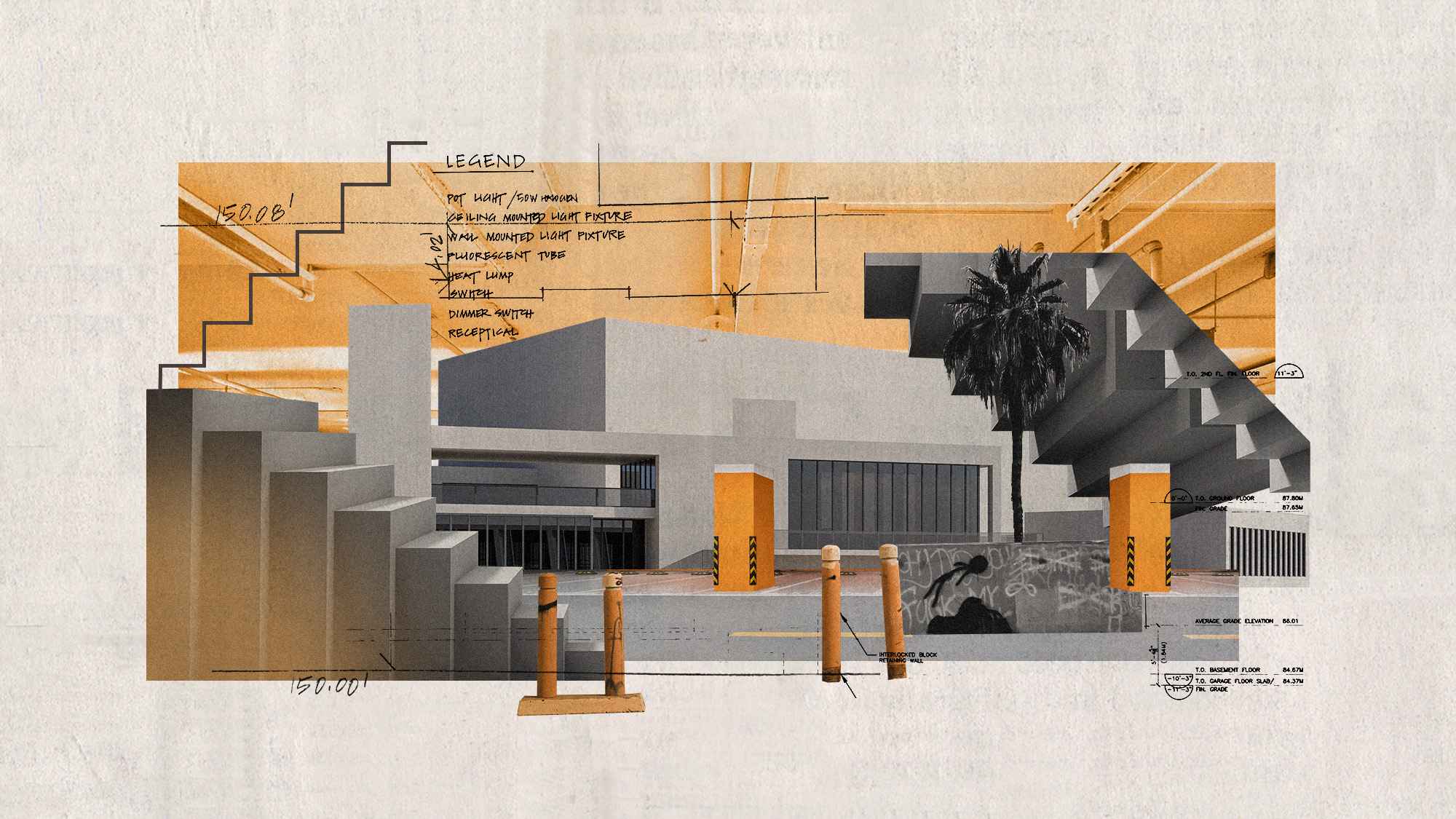 Mall World: why are people dreaming about a shopping centre?
Mall World: why are people dreaming about a shopping centre?Under The Radar Thousands of strangers are dreaming about the same thing and no one sure why
-
 Why scientists are attempting nuclear fusion
Why scientists are attempting nuclear fusionThe Explainer Harnessing the reaction that powers the stars could offer a potentially unlimited source of carbon-free energy, and the race is hotting up
-
 Sanae Takaichi: Japan’s Iron Lady set to be the country’s first woman prime minister
Sanae Takaichi: Japan’s Iron Lady set to be the country’s first woman prime ministerIn the Spotlight Takaichi is a member of Japan’s conservative, nationalist Liberal Democratic Party
-
 Russia is ‘helping China’ prepare for an invasion of Taiwan
Russia is ‘helping China’ prepare for an invasion of TaiwanIn the Spotlight Russia is reportedly allowing China access to military training
-
 Interpol arrests hundreds in Africa-wide sextortion crackdown
Interpol arrests hundreds in Africa-wide sextortion crackdownIN THE SPOTLIGHT A series of stings disrupts major cybercrime operations as law enforcement estimates millions in losses from schemes designed to prey on lonely users
-
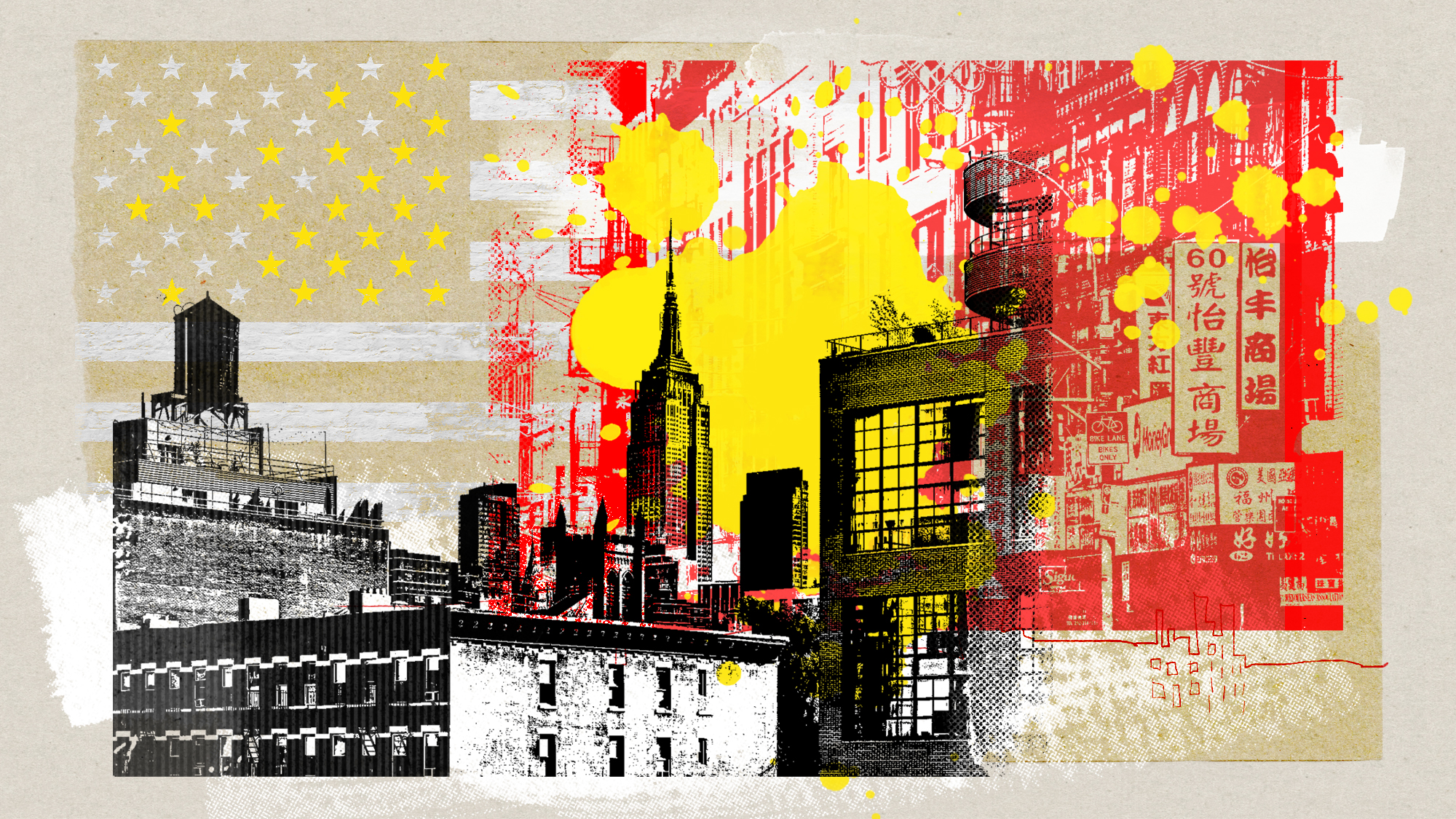 China is silently expanding its influence in American cities
China is silently expanding its influence in American citiesUnder the Radar New York City and San Francisco, among others, have reportedly been targeted
-
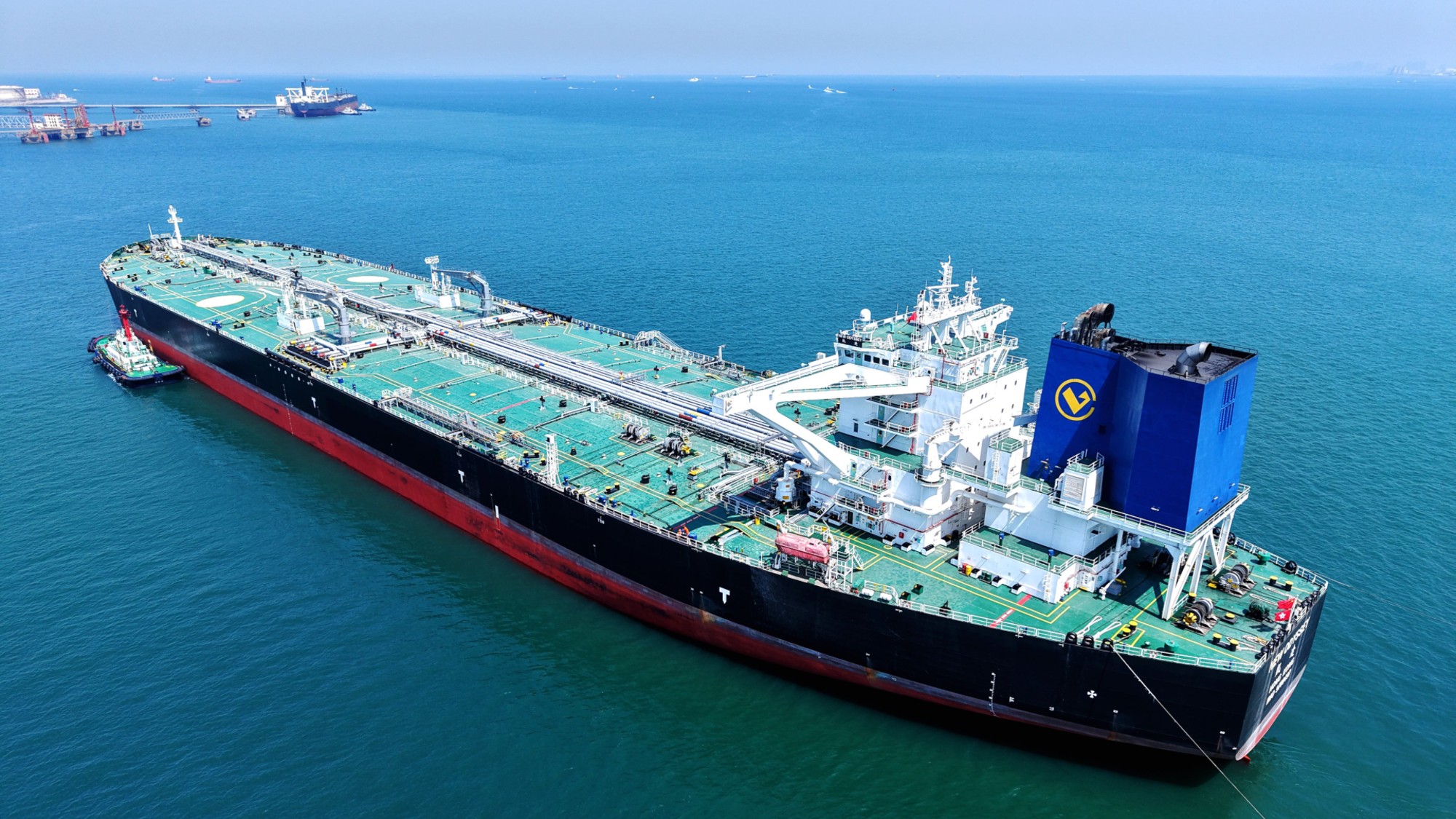 How China uses 'dark fleets' to circumvent trade sanctions
How China uses 'dark fleets' to circumvent trade sanctionsThe Explainer The fleets are used to smuggle goods like oil and fish
-
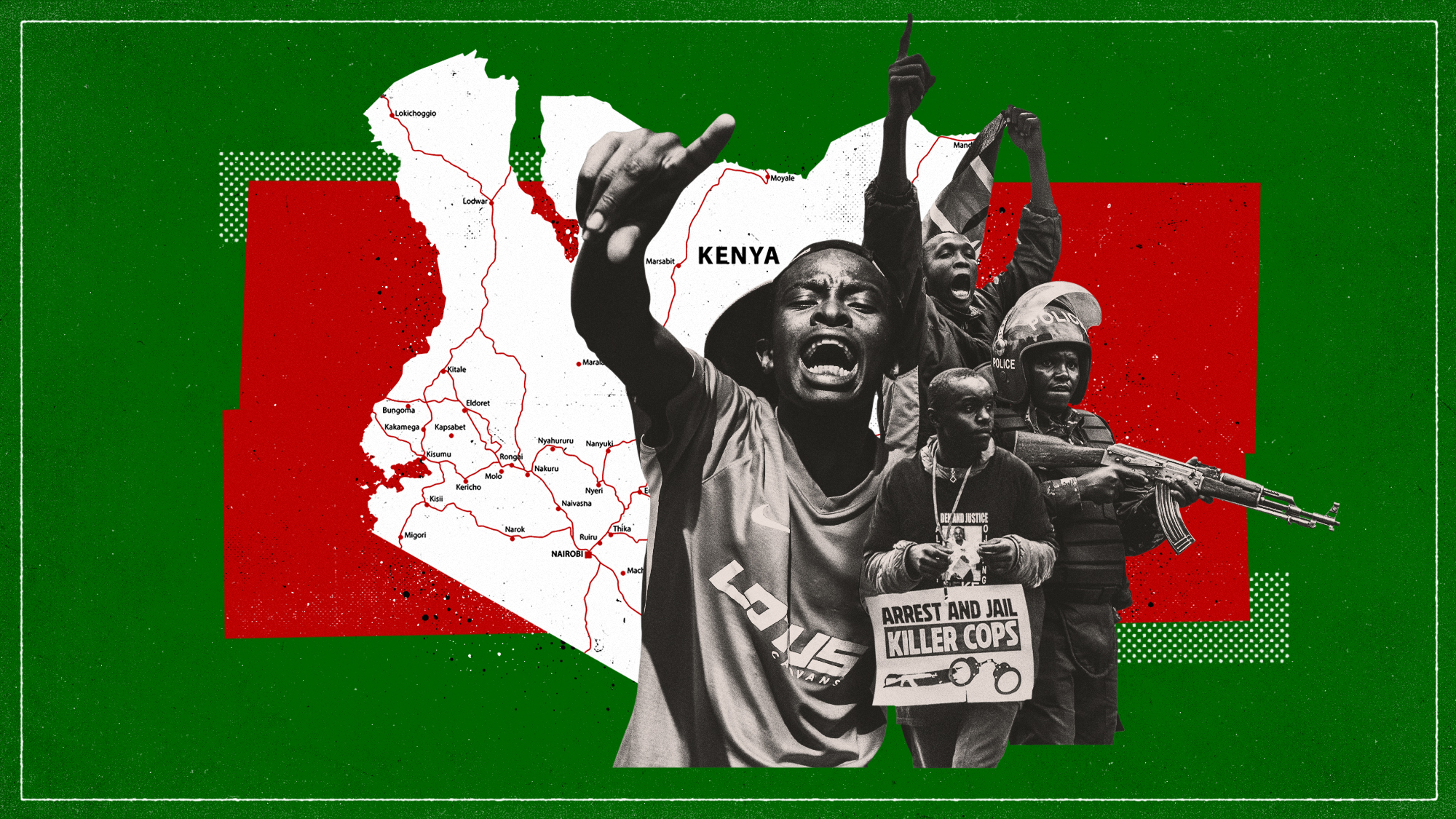 One year after mass protests, why are Kenyans taking to the streets again?
One year after mass protests, why are Kenyans taking to the streets again?today's big question More than 60 protesters died during demonstrations in 2024
-
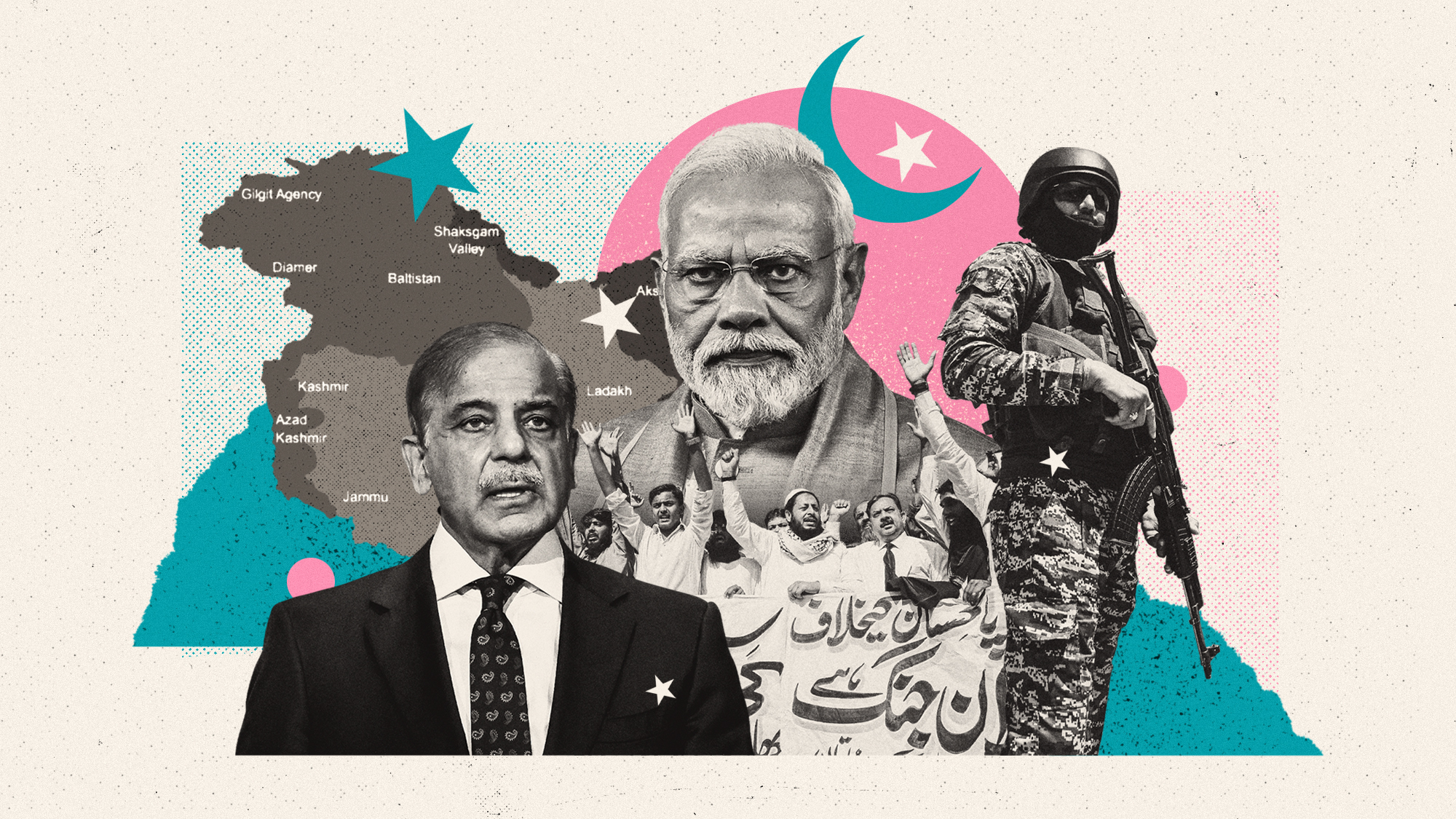 What happens if tensions between India and Pakistan boil over?
What happens if tensions between India and Pakistan boil over?TODAY'S BIG QUESTION As the two nuclear-armed neighbors rattle their sabers in the wake of a terrorist attack on the contested Kashmir region, experts worry that the worst might be yet to come
-
 Why Russia removed the Taliban's terrorist designation
Why Russia removed the Taliban's terrorist designationThe Explainer Russia had designated the Taliban as a terrorist group over 20 years ago
